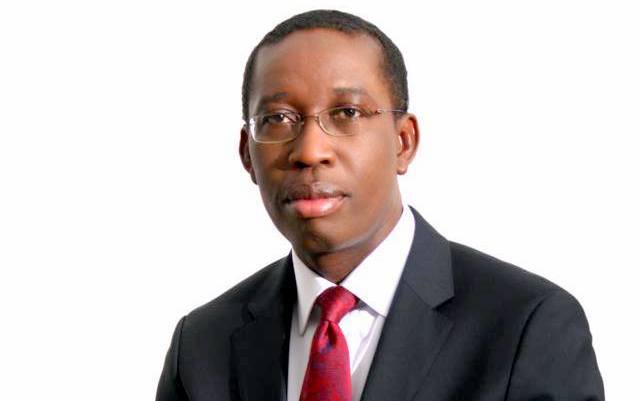Some experts in environmental protection and management have expressed worry over the lack of data on individual and household waste generation in the country.

The experts spoke at a one-day sensitisation workshop on environmental protection organised on Monday, August 8, 2022, in Asaba for Health, Safety and Environment Officers from selected institutions and companies in Delta State.
They said that adequate data would help to provide relevant information to mitigate the effects of pollution and other harmful practices to the environment.
In a keynote address, the guest speaker, Dr Ijeoma Owamah, said the absence of data on waste generation posed a major hindrance to having a proper waste management system.
Owamah, who is a Director, Academic Planning, Delta State University, Abraka, said: “In most states in Nigeria, we have not started managing solid wastes.
“What we do is that we gather solid wastes from the domain of the rich and then take them to the domain of the poor.”
In a remark, an Environmental Management Consultant, Prof. Arthur Essaghah, identified occupational safety and environmental health training as some measures to address the impact of industrial pollution to the environment.
Also, the SCommissioner for Environment, Mr Godspower Asiuwhu, said that the State Government was committed to supporting businesses in the state.
He urged companies and institutions to establish environment and health safety departments in their organisations.
“Training will give you the modern technique, the knowledge of what is happening, particularly the environment we operate as a company,” Asiuwhu said.
Also, the General Manager, Delta State Environmental Protection Agency (DELSEPA), Mr Victor Okolie, said that the workshop was organised to sensitise the participants on emerging environmental issues in the era of the coronavirus pandemic.
He described the workshop, with the theme: “Environmental Protection and Public Health”, as apt.
Okolie said that the programme was necessary in the effort to avoid environmental pollution with its attendant health hazards.
The workshop was attended by DELSEPA officers and civil society partners and representatives of the National Environmental Standard and Regulations Enforcement Agency, amongst others.
By Mercy Obojeghren
